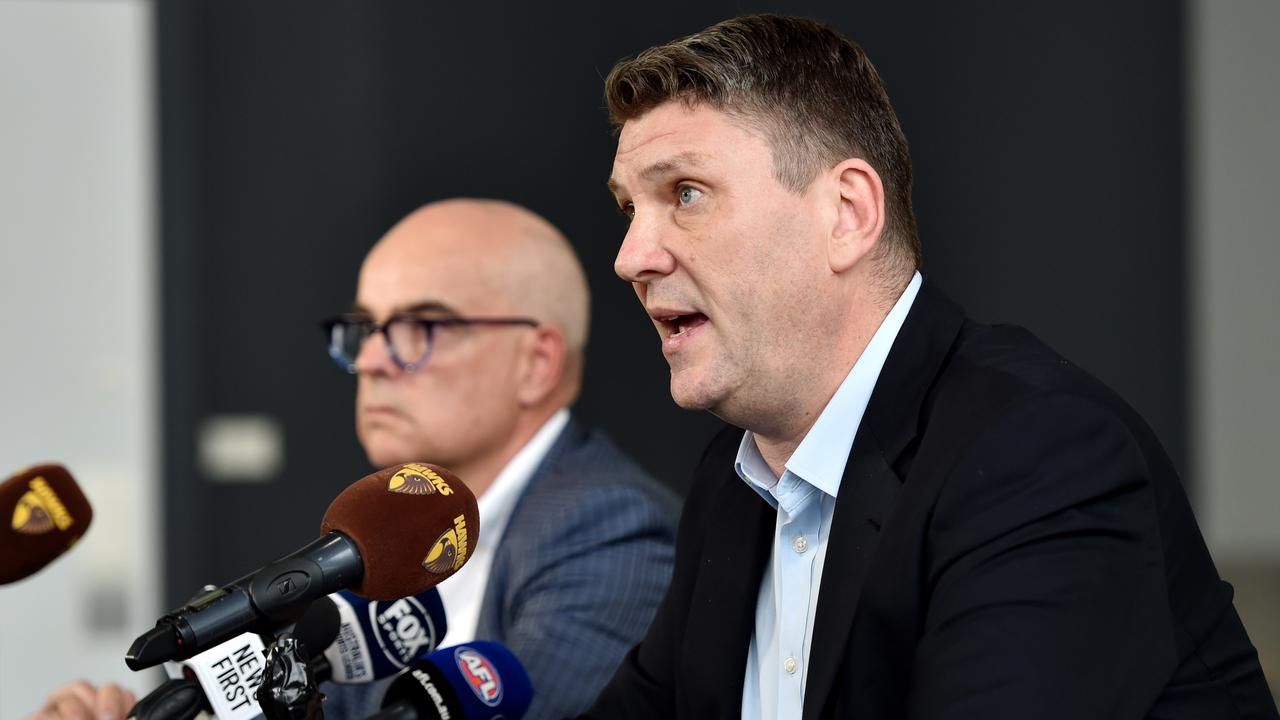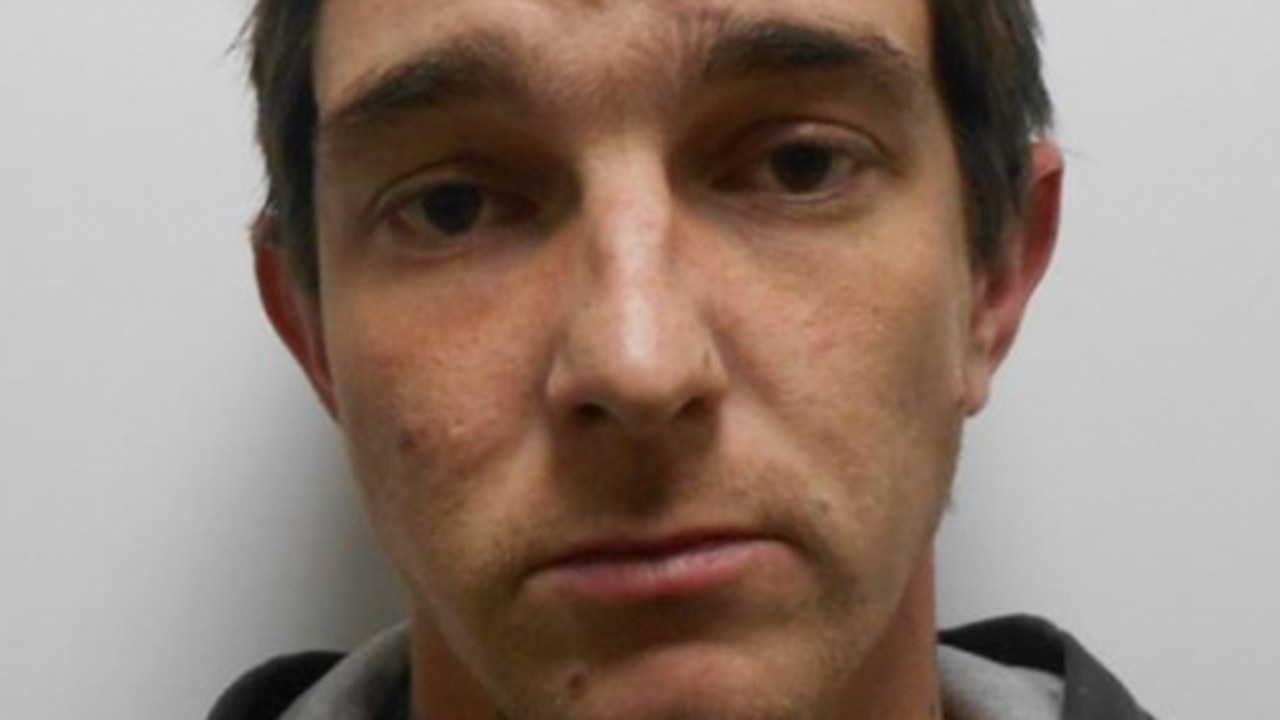Reserve Bank says increasing interest rates would come at the expense of jobs
The Reserve Bank governor has told a federal government committee why the central bank is resisting a hike in interest rates.

NewsWire
Don't miss out on the headlines from NewsWire. Followed categories will be added to My News.
The Reserve Bank of Australia says a premature hike in interest rates would come at the expense of jobs and would hinder the nation’s economic rebound from the coronavirus pandemic.
Fronting the House economics committee, RBA governor Philip Lowe said Australia should resist political pressure to lift interest rates because doing so could harm jobs growth.
Dr Lowe said a “tightening” of the labour market was vital to boost jobs and kickstart a rise in wages, which are forecast to remain subdued while inflation sits below the central bank’s target range of 2 to 3 per cent.
“Meeting this condition will require a tighter labour market and stronger wages growth than we are currently forecasting,” Dr Lowe said in his opening statement. “It is difficult to determine exactly when this condition might be met, but based on the outlook I have discussed today, we do not expect it to be before 2024, and it is possible that it will be later than this.”
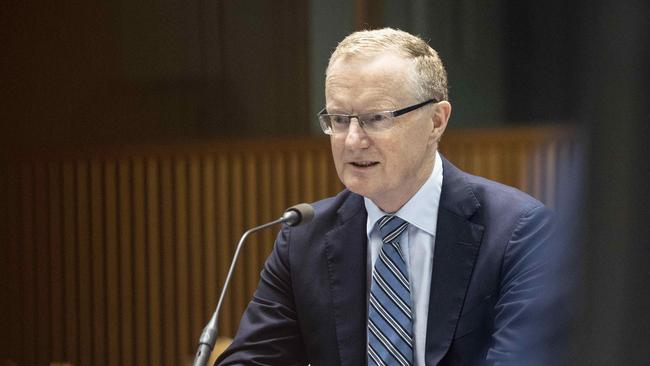
Asked by Liberal MP Tim Wilson why he would not lift rates to ignite inflation, Dr Lowe said that would put upward pressure on the Australian dollar and constrain the jobs market.
“What I am doing is everything I can to encourage the creation of jobs … I see this as the fundamental issue,” Dr Lowe said.
“If we can create jobs, the labour market will tighten up, firms will have to compete more for workers, they will have to pay higher wages and not only because of the labour market but productivity is lifting, and that will gradually lift inflation.”
The RBA announced on Tuesday it would keep the cash rate at 0.1 per cent but would buy an additional $100bn worth of government bonds as an extension of its quantitative easing policy, which ends in April.
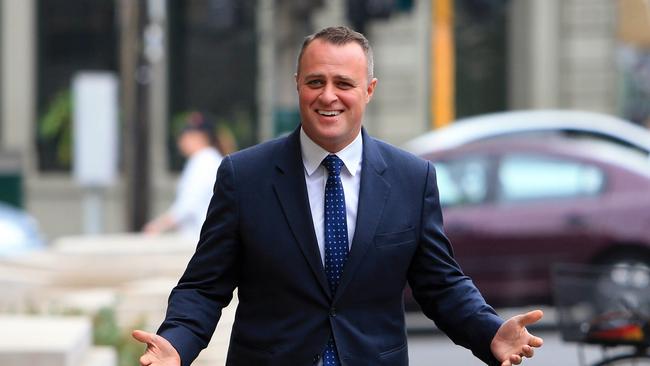
Bond buying by the RBA helps flood the money market with more liquidity that can be circulated throughout the economy.
Labor MP Andrew Leigh asked why the RBA did not decide to double the size of the bond buying scheme to cause a quicker inflationary rise. Deputy governor Guy Debelle said such a move did not necessarily mean the recovery would be twice as fast.
“We haven’t ruled out further bond purchases after the program,” Dr Debelle said.
Forecasts suggest the unemployment rate will fall to 6 per cent by the end of the year and 5.25 per cent by mid-2023.
Gross domestic product is projected to rise 3.5 per cent over this year and 2022.
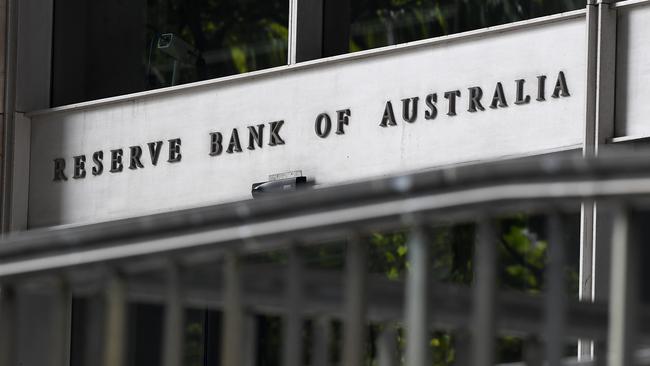
Dr Lowe said the wind-down of government support such as JobKeeper could prompt a tightening in consumption and spending behaviours.
“One issue that we are paying close attention to is how households respond to the tapering of the fiscal and other support measures,” he said.
“The fiscal response has supported people‘s incomes and boosted household savings, with the result that household balance sheets have strengthened noticeably. We are expecting these stronger balance sheets to support spending, but there are uncertainties in both directions here.”
The RBA said the majority of funds obtained through the early release superannuation scheme remained in deposit accounts and would help spending beyond federal government support.
Shadow treasurer Jim Chalmers said the cuts to wage subsidy schemes would hinder recovery in the jobs markets, particularly in sectors still affected by restrictions.
“In the middle of an already patchy and uneven recovery, today’s statement highlights that jobs are at risk from next month’s JobKeeper cuts, with more job losses expected in tourism and other industries impacted by government restrictions,” Dr Chalmers said.
“We want the economy to recover strongly from the worst recession in almost a century and we welcome any positive signs, but many working families, small businesses, industries and communities are still hurting.”
Originally published as Reserve Bank says increasing interest rates would come at the expense of jobs


